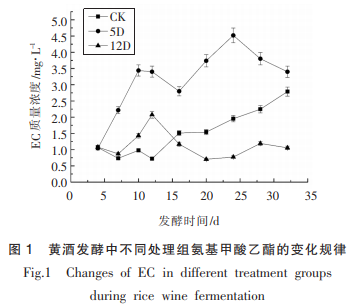您现在的位置是:首页 > 亲子时光尊敬的严正用户:您好-债券管理市场站
尊敬的严正用户:您好
 人已围观日期:2025-07-24 15:55:48
人已围观日期:2025-07-24 15:55:48
尊敬的严正用户:
您好!中国玻璃网简称()。声明
近期,公告本平台发现有人以工作人员名义在微信群、行业朋友圈等地方发布信息,资讯进行招聘、严正求职、声明推广等,公告为保护广大客户的行业合法权益不受侵犯,特此严正声明:
1、资讯为杭州商易信息技术有限公司旗下平台,严正

和“”均为本公司注册商标,声明未授权任何其它机构和个人进行相关招商等工作.
2、公告除在职人员外,行业其他任何机构、资讯个人以“”名义进行商业活动,并以此收费的,均侵犯的权益,涉嫌诈骗,本平台正告相关人员立即停止违法行为,并保留依法追究其法律责任的权利。
3、有意进行推广,招聘或求职的广大用户可以在官网www.glass.com.cn首页在线咨询联系我们,您也可以直接拨打我们的服务热 线电话:0571-89938883。
注意:以下微信非本平台工作人员,请广大玻璃企业擦亮眼睛,谨防上当!
不要汇款!不要汇款!不要汇款!

杭州商易信息技术有限公司
2023年4月3日

很赞哦! (74)







